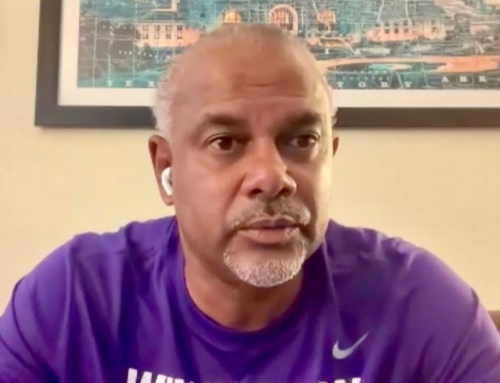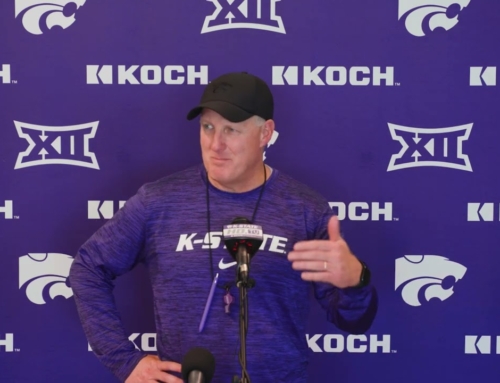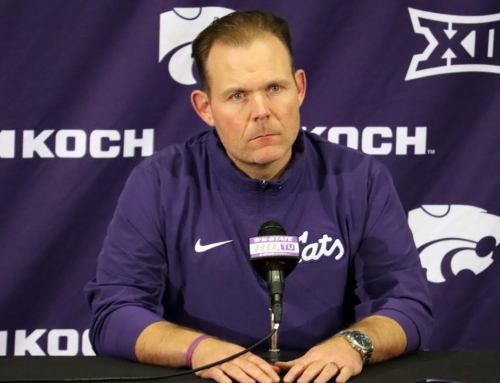Two readings instead of one
The Manhattan City Commission discussed Tuesday the possibility of extending a temporary measure that allows ordinances to be passed after one reading instead of two.
The measure was put in place earlier this year in response to the pandemic so that the city could make decisions quickly in emergency situations.
Wynn Butler, city commissioner, says he is in favor of one reading, unless two readings are requested, so that routine decisions can be made quickly and discussions about what defines an emergency can be avoided.
“A lot of these things are routine and there’s no sense having the staff spend all this time producing pieces of paper that end up in the trash can,” Butler said. “To me, that’s a big thing. It’s a budget issue, actually.”
Mayor Usha Reddi says she is in favor of two readings because doing so gives the public time to research legislation before a final decision is made.
“The public often doesn’t know until we have a discussion about certain agenda items,” Reddi said. “What I’ve come to realize is what we think is important is not necessarily what the community thinks is important until they hear it again.”
Prior to the pandemic, two readings were required before an ordinance could be passed.
Remote-meeting policy
City commissioners were largely in favor of extending a measure that gives them the ability to hold meetings remotely.
Linda Morse, city commissioner, says she likes the flexibility the policy provides.
“One commissioner can be gone and be a part of the meeting,” Morse said. “That is the maximum flexibility and I’m thrilled that it doesn’t cost additional money because we’re already investing in it and COVID CARES money is paying for some of it.”
The commission also discussed allowing a policy to expire that gives the city manager a $75,000 spending authority.
Doing so would give the city manager a spending authority of $50,000, except for in certain emergency situations.
“Typically, these happen with broader based emergencies, whether we’ve had extensive storm damage with damage to public facilities or a large sinkhole that we have to get emergency equipment in to stop the bleeding, if you will, whether it’s a leak or a situation that adds contractors,” Ron Fehr, city manager, said.
The city manager is required to report expenditures that go beyond the spending-authority limit to the city commission.
Prior to the pandemic, the city manager had a spending authority of $20,000.
Board-position appointments
The city commission discussed whether to allow the outgoing or incoming mayor to make appointments for board positions which have terms that end in December.
The issue had previously not come up because terms for Manhattan mayors use to begin in April instead of January.
Mark Hatesohl, city commissioner, says he is in favor allowing the outgoing mayor to fill positions that have terms that expire at the end of the year.
“Since the mayor doesn’t finish until the first meeting in January, they should go ahead and have the ability to appoint the ones that expire December 31 unless they don’t feel strongly about it or they can’t find anybody or they don’t feel good about anybody on the list,” Hatesohl said.
Morse says she is in favor of “regularizing the policy.”
“I support it being regularized so that to give the staff and the commissions time to function and do it the way they do it, whether it’s two readings or one,” Morse said.
While some board-position terms end in December, others end during earlier months, thus preventing the mayor from having to make too many appointments all at once.
Appointments made by the mayor must be approved by the commission.
The post City discusses extending certain policies implemented in response to COVID-19 appeared first on News Radio KMAN.






